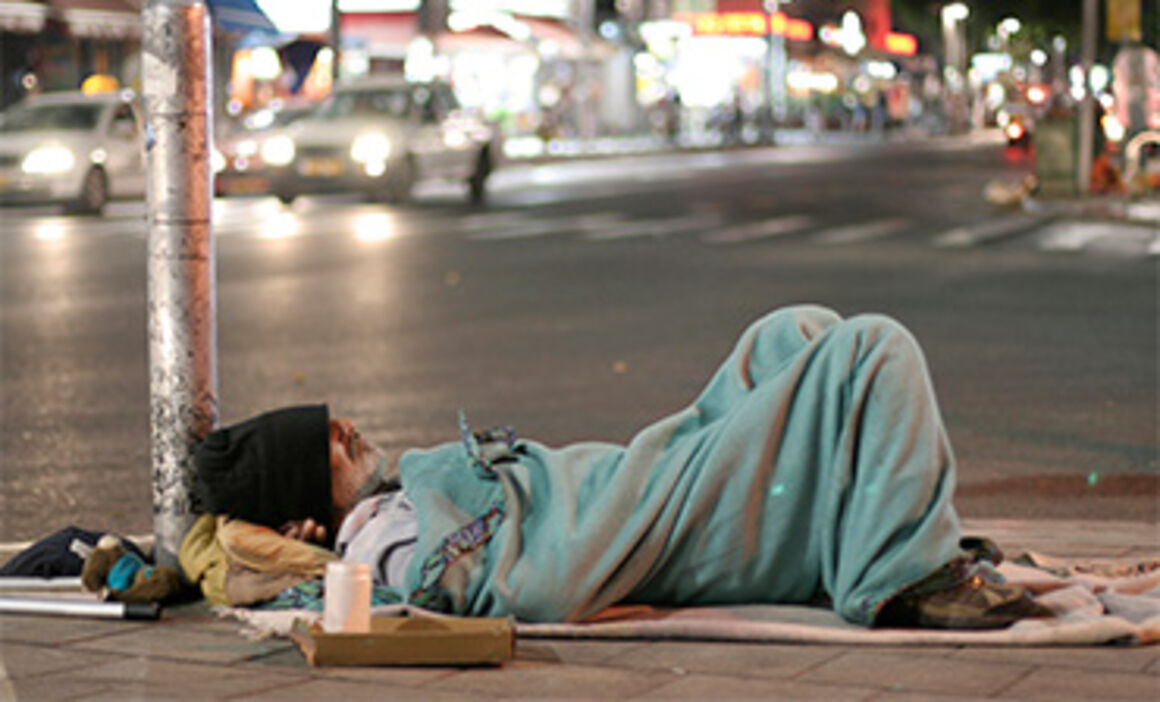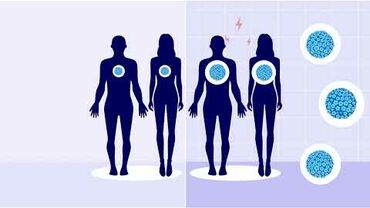Health inequality

As part of the EU's wider efforts to reduce inequalities among its citizens, ECDC prioritises work on health inequalities in relation to infectious disease.
Socio-economic factors play a role in the distribution of infectious diseases. ECDC works with EU Member States to identify and target vulnerable population groups in order to reduce the societal burden created by health inequalities.
Work covering numerous vulnerable groups is conducted by ECDC. Migrants, for example, can face many challenges that can have an impact on their health. Language barriers, cultural differences and a perceived lack of access to information and services, as well as stigma or discrimination, can all present challenges on health outcomes, both for individuals and on a regional, national or international level. The EU Roma population is also a priority vulnerable group. An estimated 10-12 million European citizens are Roma, which makes the group one of Europe's largest ethnic minorities and one that is highly marginalised in numerous aspects of everyday life. Roma are more likely to be exposed to agents that cause communicable disease; more vulnerable to becoming ill if exposed and, once sick, Roma are less likely to have access to effective, high-quality health services.
Other areas of study include examining what impact the ongoing financial crisis has had on health inequalities both within and between Member States, for example by focusing on vulnerabilities such as unemployment, homelessness, or injecting drug use, and examining the extent to which they are linked to infectious disease transmission.



